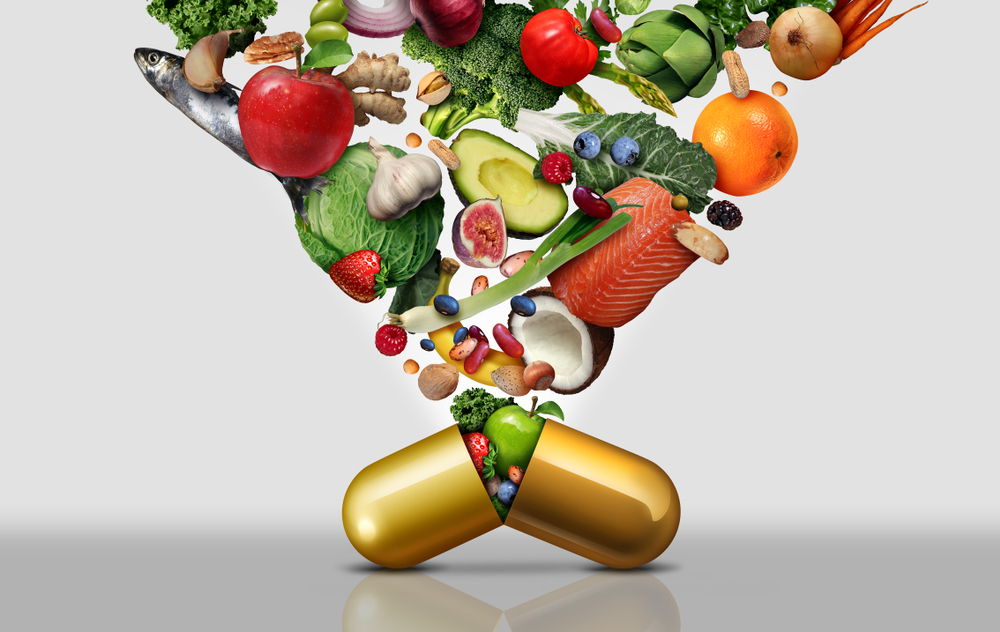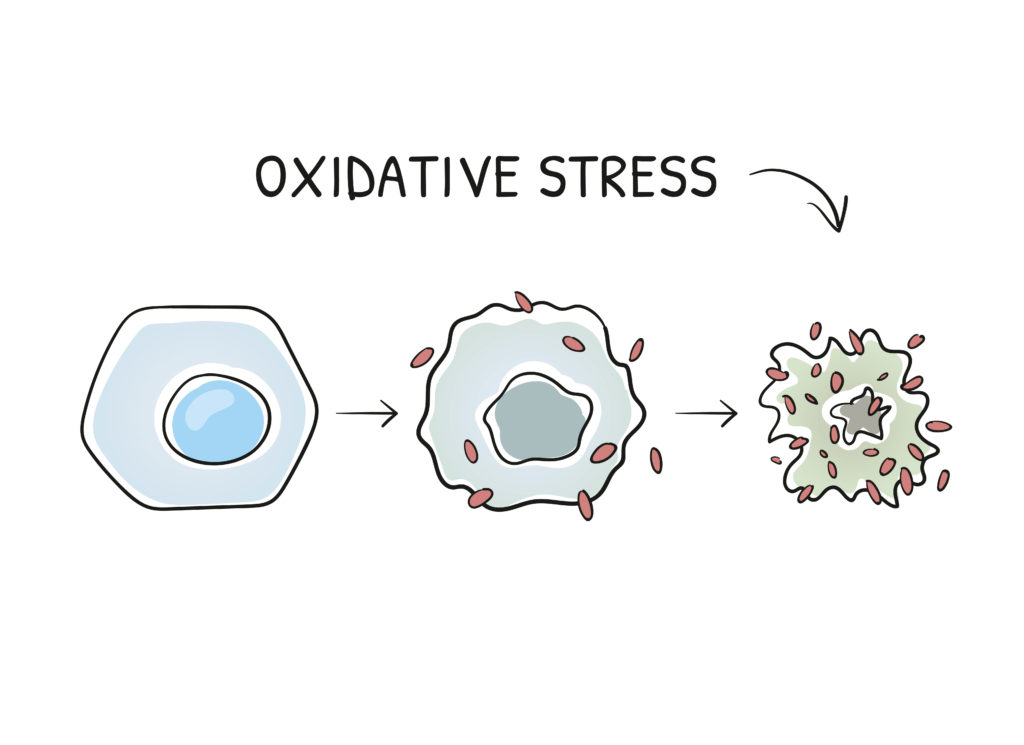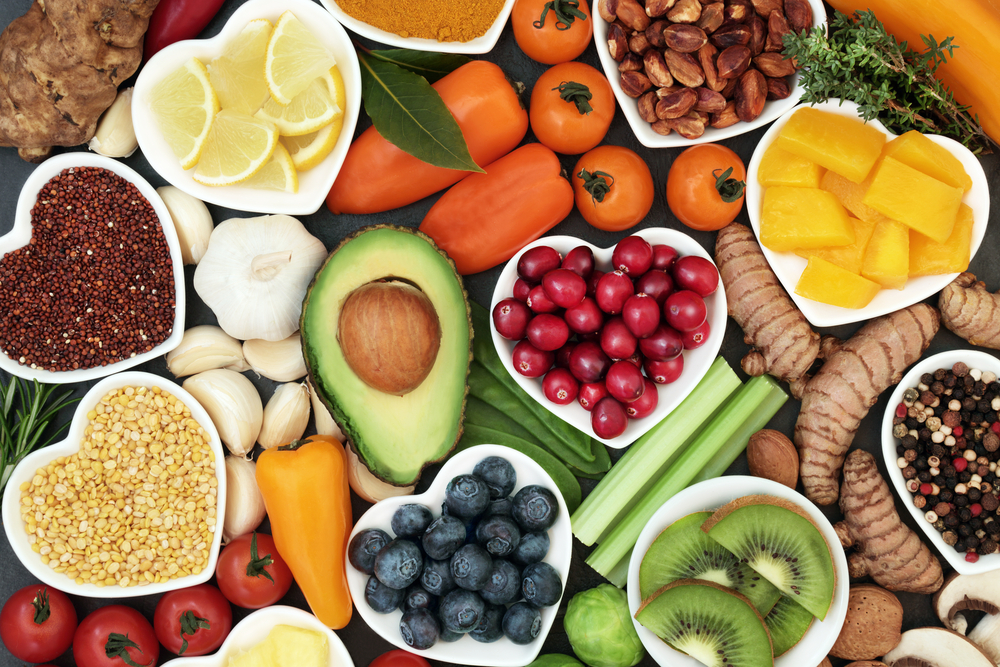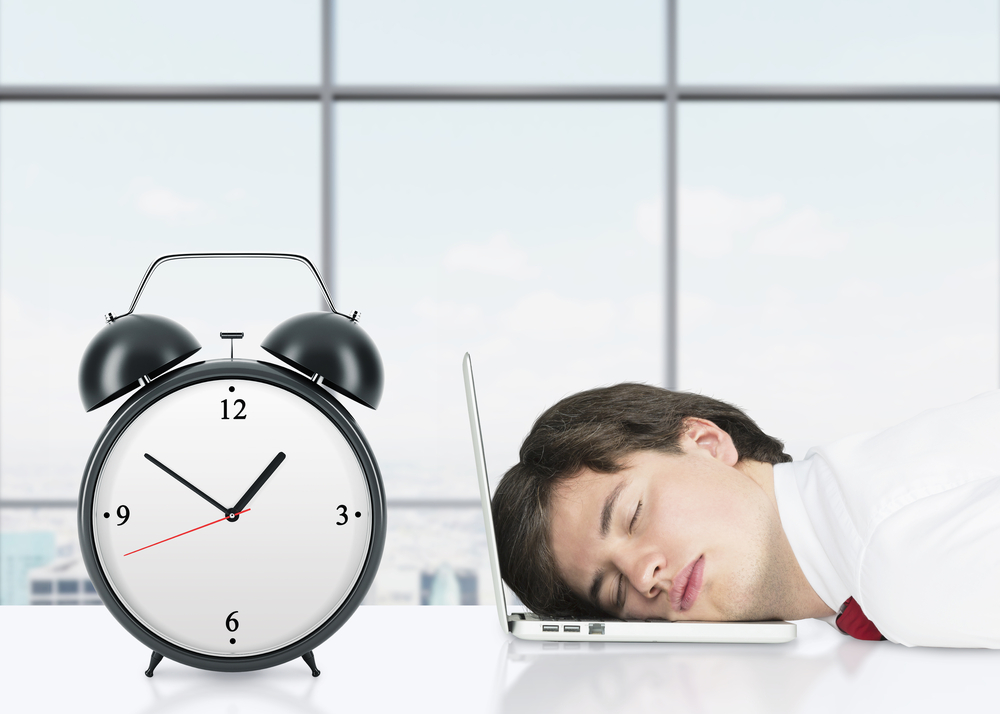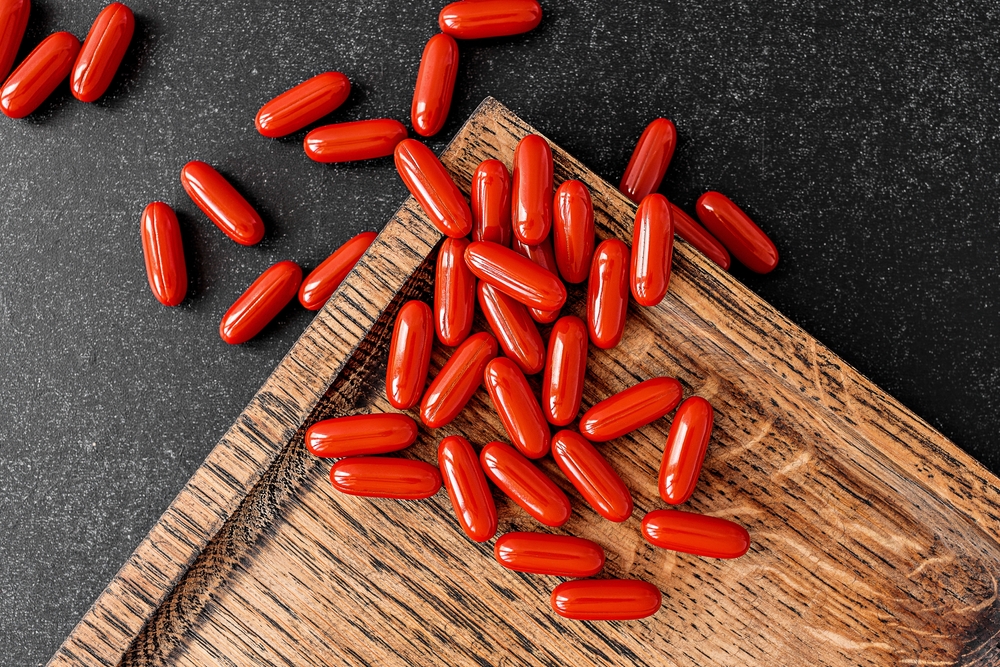We spoke to Professor Luca Tiano from the Polytechnic University of Marche, Italy. He is a specialist in antioxidant research and an expert on Ubiquinol.
You have been researching oxidative stress for almost twenty years. In your opinion, during this period, what have been the most important discoveries on this subject?
Today, researchers all know that age-related and chronic diseases are associated with oxidative stress, that free radicals can accelerate the ageing process of our organs and our body as a whole.
We know this from many studies in the past and research in this area is ongoing. We also know that free radicals are not always harmful: they only damage cells if they are produced in too large quantities and if they are not neutralised by antioxidants.
Physiological levels of reactive oxygen derivatives (RODs) also play an important role in triggering adaptive processes, including antioxidant defences. We are currently investigating how athletes, who are more prone to oxidative stress due to intensive training, can achieve an optimal balance through antioxidant supplementation.
Moderate oxidation is a necessary stimulus to encourage training, it causes muscle growth and strength. However, overtraining can cause oxidative stress with a substantial decrease in performance, as well as tissue destruction.
"YOU HAVE TO FIND THE RIGHT BALANCE, NOT TO OVER-TRAIN AND GENERATE TOO MUCH OXIDATIVE STRESS "
In the world of sport, large amounts of antioxidants were recommended for intensive training and then, five or ten years ago, there was a shift to no supplementation at all. What do you think of the current research?
It is well known that a sedentary lifestyle increases the risk of cardiovascular disease.
But overtraining can also be harmful to the body: intense physical activity increases oxygen consumption and thus the formation of free radicals. This puts athletes in a difficult position as they have to find the perfect balance between performance-enhancing exercise and neutralising oxidative stress.
In my opinion, antioxidant supplementation, especially Ubiquinol, is crucial for athletes. The body's own defence system, largely based on Ubiquinol, involves a delicate balance.
Ubiquinol protects cell membranes from damage caused by free radicals. This protection is particularly important for the inner mitochondrial membrane because free radicals can concentrate there in large quantities during energy production, for example during intensive sports training.
Research with professional athletes from a rugby team shows that daily intake of Ubiquinol at a dosage of 200 mg for one month reduces intracellular free radical levels, both during training and during recovery phases.
We also know that a single exercise session of about 40 minutes significantly decreases the amount of Ubiquinol in the blood plasma of athletes.
Is there any3 ongoing research as to the physical performance achieved when using Ubiquinol?Yes, in addition to being the only fat-soluble antioxidant that is endogenously synthesised, Ubiquinol also plays an essential role in energy production.
A randomised double-blind placebo-controlled trial was conducted at an Olympic Camp in Germany with remarkable results. In the trial, 100 young athletes were given either 300 mg of Ubiquinol or a daily placebo dose for six months.
All athletes were required to perform a maximal capacity test and their performance was measured on an ergometer before they were given the supplement for the first time and again after six weeks. All subjects were training individually in preparation for the London 2012 Olympic Games.
Both groups substantially increased their physical performance over the treatment period: In the group given placebo, performance increased by 0. 30 W/kg body mass (+8. 5%), while in the group given Ubiquinol, performance levels increased by 0. 38 W/kg body mass (+11. 0%).
More interestingly, the absolute difference of +0. 08 W/kg body mass in the improvement of physical performance between the Ubiquinol group and the placebo group was statistically significant, as it supports the theory that Ubiquinol supplementation significantly improves peak energy production compared to the placebo group.
Another double-blind study showed that Ubiquinol also improved haematocrit and haemoglobin levels during intensive exercise. This improvement may optimise oxidative phosphorylation, thus causing an ergogenic effect.
Let's take a current example from the world of professional sports. For over a year now, the German weightlifting team has been using Ubiquinol and the results are promising.
The performance and general well-being of the athletes have improved significantly. It will be interesting to watch their results at the 2016 Olympics and compare them with the performance of the Japanese team, which receives the same Ubiquinol supplementation.
Since Ubiquinol, vitamin E and vitamin C work in an antioxidant chain system, is it necessary to provide vitamin E and C supplementation when Ubiquinol is administered?
People who follow a healthy, balanced diet do not normally need to be supplemented with vitamins C and E.
In fact, in some circumstances, overuse may even have a negative effect. Experimental evidence shows that excessive consumption of vitamin E, if the lipids are devoid of Ubiquinol, could cause a pro-oxidant effect in vitamin E.
On the other hand, Ubiquinol has been tested and found to be safe, with no side effects, even at high doses. Besides being able to restore vitamin E to its active form, Ubiquinol can also be combined with other nutrients, for example omega 3 fatty acids to support cardiovascular function or carnitine for better energy production and fat elimination.

